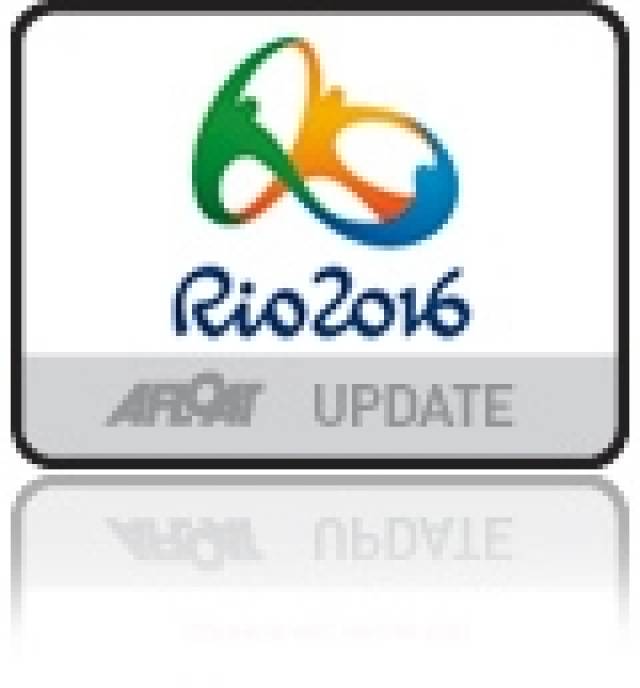#laser – Multiple Olympic champion Robert Scheidt of Brazil is just one of a number of big names afloat on Dublin Bay this afternoon as over 320 sailors, from more than 40 nations, including at least four Olympic medallists, compete on the capital's waters in today's scheduled practice race for the Laser European title. Racing begins at 3pm with the first race on Sunday at 12 noon.
Although the international Olympic talent on the bay is red hot, there is still good prospects of Irish success with both ISAF Youth Silver medallist Finn Lynch, the recently crowned Irish Radial Champion and Ireland's Annalise Murphy, who finished fourth at the London Olympics, both in action in the mens and women's radial divisions.
The National Yacht Club even in Dun Laoghaire will be one of this summer's biggest and most closely observed sailing regattas of the new Olympic quadrennial as the 2013 Laser European and World Championships muster a wealth of sailing talent, many in the early stages of the road to Rio and the 2016 Olympic sailing regatta.
Sailors from all around the world have been in Dun Laoghaire for some weeks now putting the finishing touches to their pre-championships training. Saturday 31st August will see those preparations halted as the official Practice Race is contested, a final chance for the different fleets to get to know the racing waters, before racing starts in earnest on Sunday 1st September. The race schedule calls for two qualifying races each day, Sunday, Monday and Tuesday. Then the finals series runs Wednesday, Thursday and Friday. The new champions will be crowned at a prizegiving ceremony next Friday.
Among the top sailors racing in the European Laser Standard Men's Championship fleet will be Brazil's legendary Robert Scheidt. Winner of two Olympic gold medals, two silver medals and a bronze, and victor at no fewer than eight Laser world championships between 1995 and 2005, Scheidt has returned to the Laser from the Star keelboat in which he won silver in Beijing in 2008 and bronze in 2012, to the Laser. Dun Laoghaire features highly on his own new odyssey, seeking to win a sixth Olympic medal on home Brazilian waters, although he is not eligible to win the European title. Pavlos Kontides, who just over one year ago became the first ever Cypriot athlete to win an Olympic medal when he clinched silver in Weymouth and Portland at the 2012 London Olympic Games. Croatia's Tonci Stipanovic finished fourth in London and will be among the top seeds, as will Sweden's Jesper Stalheim who finished runner up at the 2012 European Laser Standard Men's championship, and France's Jean Baptiste Bernaz who finished fourth.
While Australia's 2012 Olympic gold medallist Tom Slingsby is competing at the America's Cup, the Laser legacy remains strong from his native country under Olympic bronze medal winning coach Michael Blackburn. In the Laser world rankings four of the top five slots are held by Aussie sailors and three, Ashley Brunning, Ryan Palk and Matthew Wearn will all race on Dublin Bay.
Of the top five finishers at last year's 2012 Olympic regatta in the women's Laser Radial class, four are set to race next week. All eyes will be on Ireland's Annalise Murphy, who memorably missed out on an Olympic medal by a tiny margin, finishing fourth. She has had a great season so far with wins at the Delta Lloyd Regatta and Italian Olympic Week and will be looking to deliver on the very waters she grew up sailing on. The Netherland's Marit Bouwmeester, silver medallist last year, and Belgium's Evie Van Acker are likely to be among the leading contenders as will be Britain's Ali Young who finished fifth in the Olympics.































































